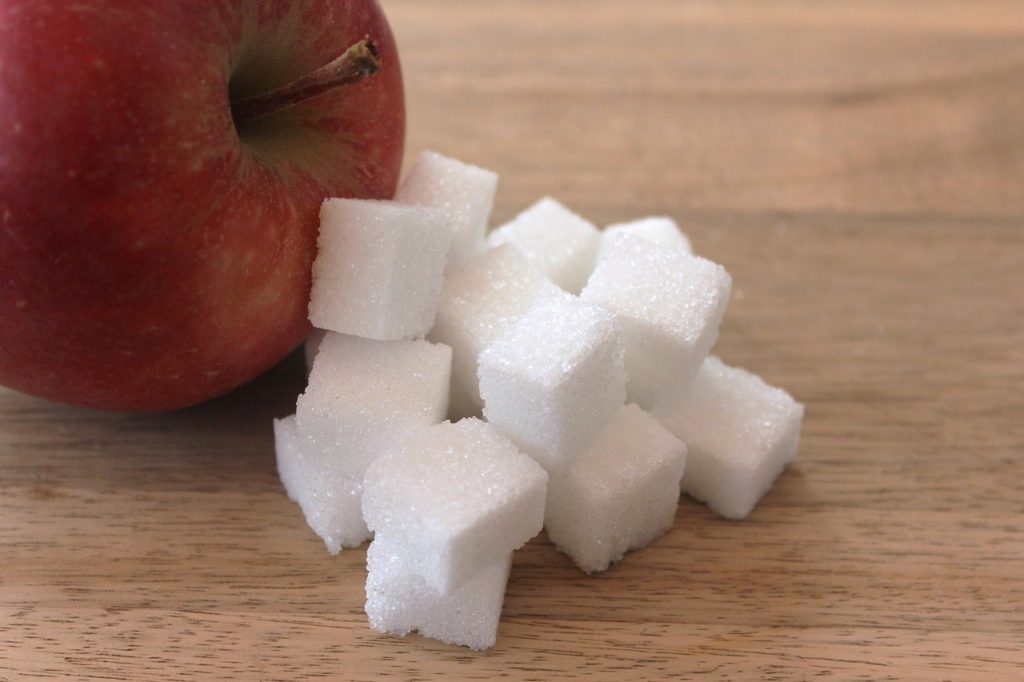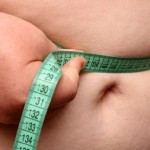
A recently compiled list of foods and drinks commonly consumed in the United States suggests why many adults inadvertently consume excessive saturated fat and added sugar in their daily diet.
The study reveals that limiting fat and sugar to the recommended 10% of daily calories is challenging due to various popular sources, such as cheese for saturated fat and soft drinks for added sugar. Unexpected sources like chicken and ketchup contribute to overconsumption, posing risks for cairdiovascular disease, diabetes, and cancer.
The analysis of data from over 35,000 U.S. adults is part of a project to develop a research tool to streamline the assessment of these dietary downsides. The work also aims to raise awareness among consumers about the unexpected sources of fat and sugar that accumulate over the overesearchers hope this will encourage shoppers to read labels and identify these hidden sources.
“Chicken breast is often promoted as a low saturated fat food, but it still contains a small amount of saturated fat. It’s important to be aware that even foods with smaller amounts of saturated fat can contribute to the overall intake, gradually adding saturated fat into the diet,” explained Christopher Taylor, the first author of the study and a professor and director of medical dietetics at The Ohio State University’s School of Health and Rehabilitation Sciences.
“Meeting less than 10% helps identify major contributors, and allows us to recognize where saturated fat and added sugar might still be present in other food options. This doesn’t mean these are bad choices – it’s about being mindful of how the morning latte might be contributing.”
Lead author Susan Schembre, an associate professor of oncology at Georgetown University’s Lombardi Comprehensive Cancer Center, raised a public health policy concern about the abundant added sugar.
“It’s present in so many unexpected foods and often in surprising amounts,” she remarked.
The researchers examined information from 36,378 adults in the United States, aged 19 and older, who took part in the National Health and Nutrition Examination Survey from 2005 to 2018. This survey gathered 24-hour dietary recalls from each participant, providing detailed information on what and when all food and beverages were consumed over the preceding two days.
Here is the rewritten text:The main sources of saturated fat were cheese, pizza, ice cream, and eggs. The leading sources of added sugar were soft drinks, tea, fruit drinks, cakes, and pies. According to the USDA’s “What We Eat in America” food list, other categories contributing to saturated fat intake include cold cuts, cream substitutes, fried potatoes, and whole milk. Categories with added sugar include tomato-based condiments, cereal bars, energy drinks, and yeast breads.
The research team also analyzed variations in the primary sources of saturated fat and added sugar across different race/ethnicity groups and age brackets, which is crucial when evaluating diets for the purpose of developing tailored health interventions, Schembre explained.
“Before you understand what you can intervene on, you have to know what people are consuming,” she said.
The team is developing an app for focused assessment of “nutrients of concern.” They have shown that this analytical method generates a comprehensive list of foods that contribute to most of the saturated fat and added sugar intake. While NHANES data is important for understanding nutrition in the United States, identifying the specific food and beverage sources of fat, added sugar, and soon, sodium, is more efficient and effective for disease interventions.
The analysis revealed that saturated fat made up at least 12% of daily calories, while added sugar intake ranged from 14% to 16% of total calories. Although dietary recommendations often highlight common culprits like pizza and ice cream, this comprehensive list provides valuable and, for some, surprising insights, according to Taylor.
“There are foods that are high in saturated fat and added sugar which are frequently consumed and often targeted. However, there is also a smaller cumulative effect of things that are generally perceived as healthy, but still contribute a little bit,” he said. “When you top it off with some of those higher sources, it ends up taking you over the threshold for 10% of the day’s calories.”
“We’re aiming to find the right balance between addressing the major issues upfront while also recognizing the subtle contributors.”


